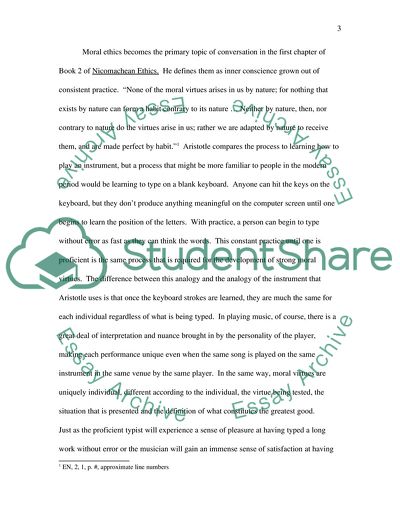Cite this document
(Aristotle's Moral Virtues and Practical Wisdom Essay, n.d.)
Aristotle's Moral Virtues and Practical Wisdom Essay. https://studentshare.org/philosophy/1710142-aristotle-moral-virtues-practical-wisdom
Aristotle's Moral Virtues and Practical Wisdom Essay. https://studentshare.org/philosophy/1710142-aristotle-moral-virtues-practical-wisdom
(Aristotle'S Moral Virtues and Practical Wisdom Essay)
Aristotle'S Moral Virtues and Practical Wisdom Essay. https://studentshare.org/philosophy/1710142-aristotle-moral-virtues-practical-wisdom.
Aristotle'S Moral Virtues and Practical Wisdom Essay. https://studentshare.org/philosophy/1710142-aristotle-moral-virtues-practical-wisdom.
“Aristotle'S Moral Virtues and Practical Wisdom Essay”. https://studentshare.org/philosophy/1710142-aristotle-moral-virtues-practical-wisdom.


